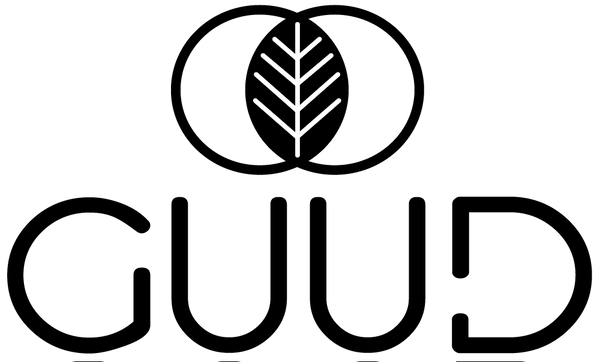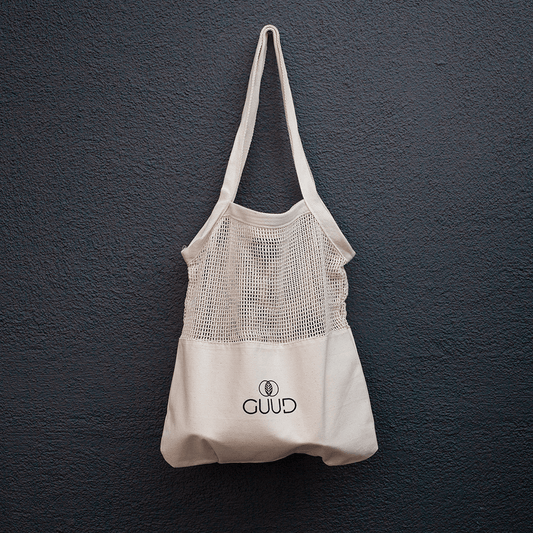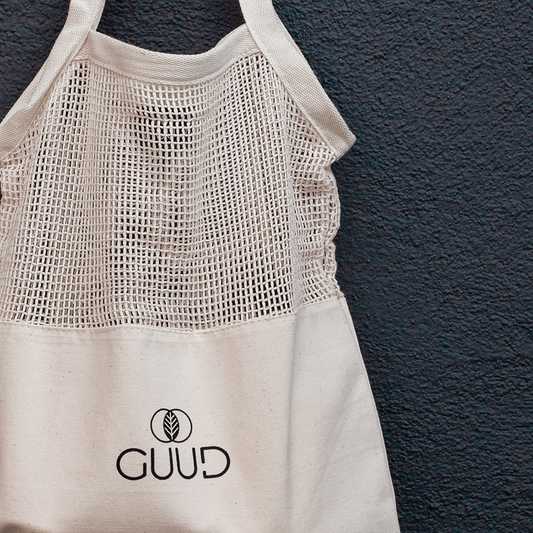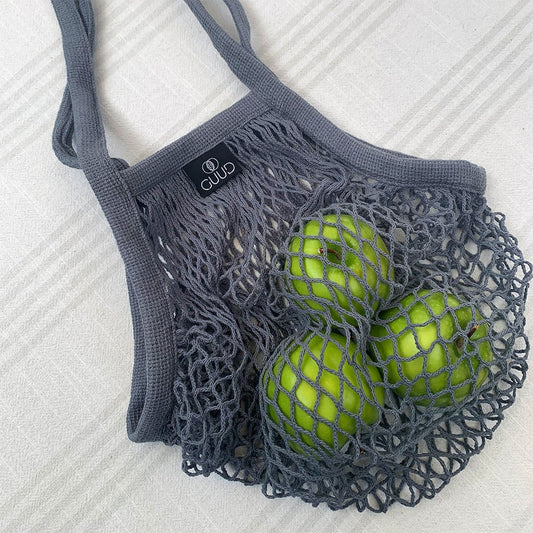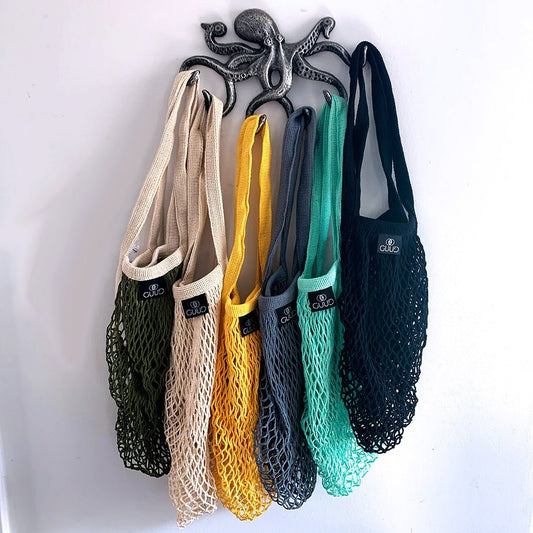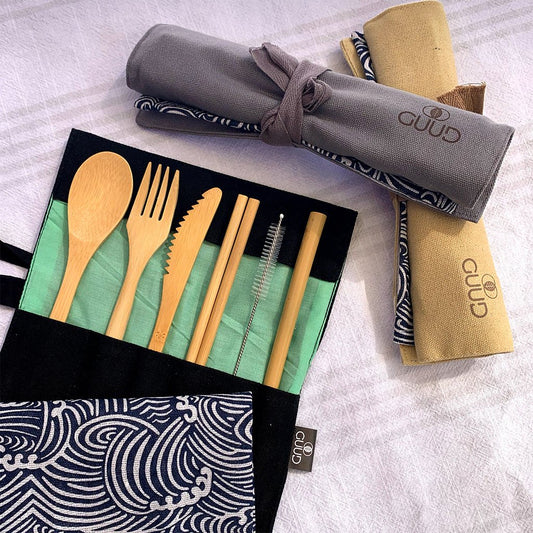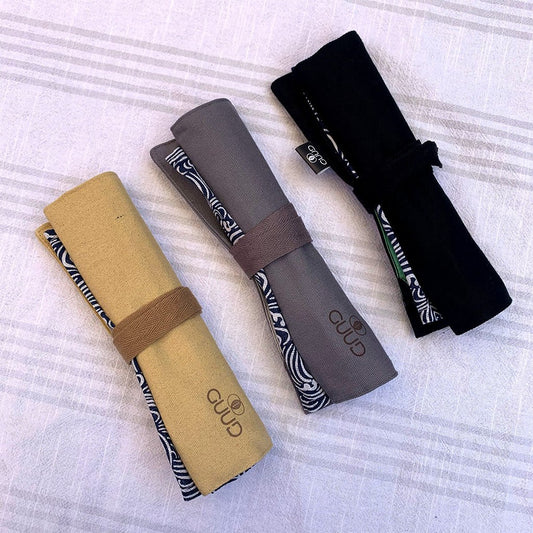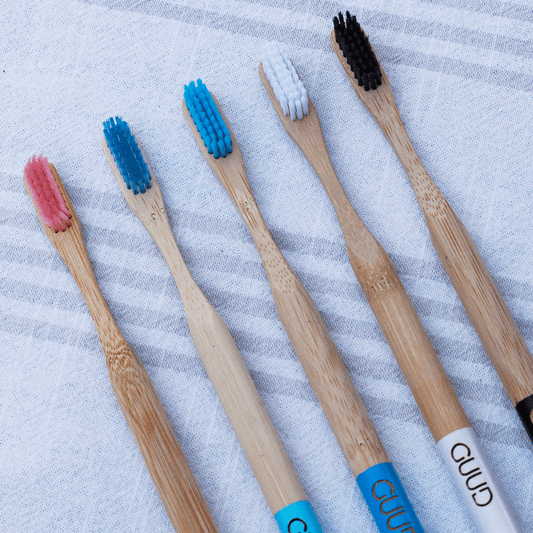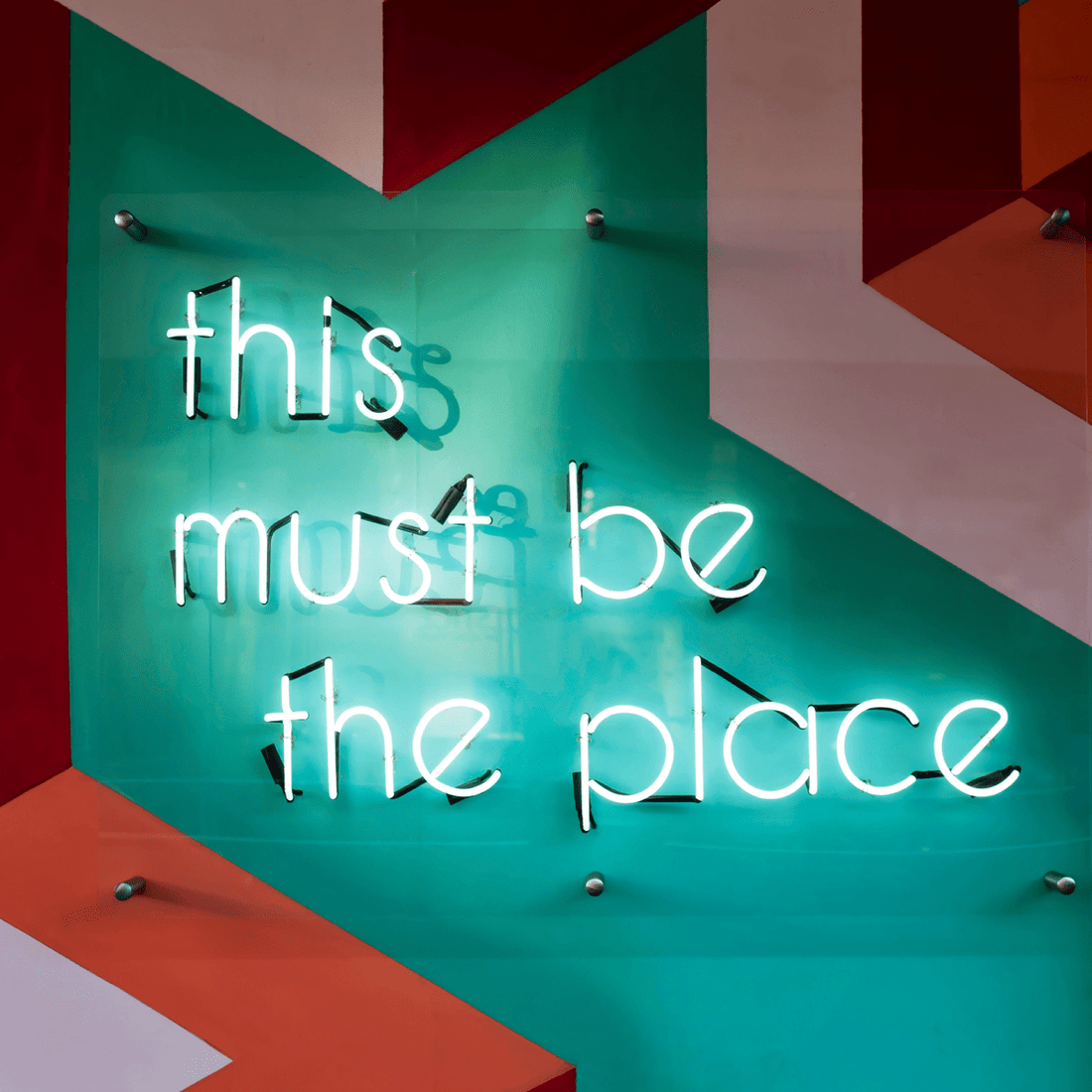
3 Eco Trends for Retail in 2020
When talking about sustainable trends in retail, there is a lot to talk about. There are exciting innovations in product materials, product packaging, product design, and even new fulfillment models for retailers to get their products into consumer's hands quickly and cleaner. For the sake of simplicity and focus, we will talk about what’s happening with sustainable product design, eco-friendly packaging trends, and how new retail (*and a few old) are doubling down on their commitment to sustainable business models.
Consumers will continue to see mainstream and niche retailers introduce new products and modified products that reduce/eliminate non-sustainable materials (ex. plastic reusable water bottles replaced with more sustainable material designs). There is plenty of ‘low hanging fruit’ with redesigning and rethinking some of the worst offenders like single-use water bottles and other single-use or casual-use products that are filling out landfills like plastic utensils, straws, and bags. These alternatives are entering the market every day and prices are dropping much to the delight of interested consumers.
Products that are not 100% eco-friendly tend to be categorized as ‘transitional’ and while they may not help you become 100% plastic-free free they’re stepping in the right direction while other materials have yet to hit the market. Consumers are seeing a redux of items they have seen for years; no more plastic sandwich bags, now there are silicon-based reusable zip-lock bags or beeswax-based food wrap to replace plastic wrap.
Is silicone really 'greener' than plastics though? Experts would agree 'maybe' not, it's something of a hybrid between a synthetic rubber and synthetic plastic polymer. And while it is not prone to break down into micro-beads and wreak havoc in the environment that way, it is an inert material and really doesn't break down at all. This underlines a trend we’re not excited about and that is the ‘greenwashing’ of retail where some retailers push products as 100% natural or eco-friendly when in fact they are not. This further complicates the retail experience for consumers and is quick to create mistrust when the truth is revealed.
Recycle. Upcycle.
Other trends are focused on recycling and up-cycling. A trend that will continue forward as we begin to find ways to harvest ocean plastic and provide more efficient recycling methods. Major sneaker brands have introduced sneakers made from ocean plastics while Swedish bike makers, Vélosophy, has rolled out ultra light models made from coffee pods. This year also saw North Face launch its Renewed line, a collection of damaged and refurbished items to further waste reduction, expect to see more of this in 2020. While some of these micro trends may not be entirely sustainable they are heading in the right direction.
One thing we are acutely aware of is retail has gotten complicated for most. For those of us sensitive to global consumerism trends is the impact on this precious planet.
Rethinking the Packaging Equation
At a basic level product packaging identifies and protects the product itself. The second level of requirements are for it to stand out on the shelf next it’s competition. As current trends point toward ‘unbranding’, minimal design and product storytelling. With new brands entering the race at an alarming rate, we are going to see a continued trend toward rethinking packaging materials and form factor, some being designed simply for shipping (eCommerce) while others attempt to tell a rich brand/product story. What's driving these trends? Young consumers are more interested in a brand or products story, and a point of view even if it is a straight forward offering.
Less is more. GUUD Brand packaging focuses on form and function with 99% plastic free packaging and shipping materials. Our packaging and shipping is recycled paper, non-plastic adhesives and padding. We have partnered with companies like GreenerPrinter and EcoEnclose to provide beautiful sustainable and dependable shipping products.
Paper or plastic. Plastic production has increased because of plastic packaging. Plastic packaging was 42% of all non-fiber plastic produced in 2015, and it also made up 52% of plastics thrown away (1). Brands and product packaging designers will continue to rethink the way plastic works into the equation, especially for packaging in 2020.
You may have fallen in love with that product from the moment you set your eyes on it but do you really need to wrap it in a plastic package that will last a lifetime? These designers are quickly designing for solutions using traditional poly-style product bags that are made from compostable materials like sugarcane, bamboo and starch. Expect this trend to continue in 2020.

Woke Brands.
Brands more than ever are stepping forward to make a statement on what is important to them. Whether they’re taking a knee or raising the flag, brands are realizing that consumers are interested in where their favorite brands stand on social issues. Trending year over year 2 out of 3 consumers are Belief-Driven, this trend will continue well into 2020. Consumers are moving from a Spectator view (i.e. buying regardless of brand belief) to Joiners (i.e. depending on the product and the brand belief may sway their buying decision) to Leaders (passionate buying beliefs based on brand positions on issues, willing to boycott brands that stand against them on issues)(2). This trend is not going anywhere as GenZ and Millennials drive this trend with passion and we here at GUUD applaud you!
Our brand has been built on these three things; provide great affordable products, do retail responsibly and giving to good causes that help reduce the effects of the climate crisis. What is retail responsibly really mean, you ask?
One way we are rethinking the retail model is we have teamed up with the Carbon Fund to offset the carbon used in shipping your products through the supply chain all the way to you. The Carbon Fund team has a number of programs they invest in focused on forestry, renewable energy and energy efficiency. We are constantly connecting with non-profits in this space to understand how they’re making a difference and if there is the potential for partnerships.
Sources:
Related:
Consumers Want Brands to Take a Stand on Social Issues | Medium
Is silicone a safe alternative to single-use plastics? | Treehugger
